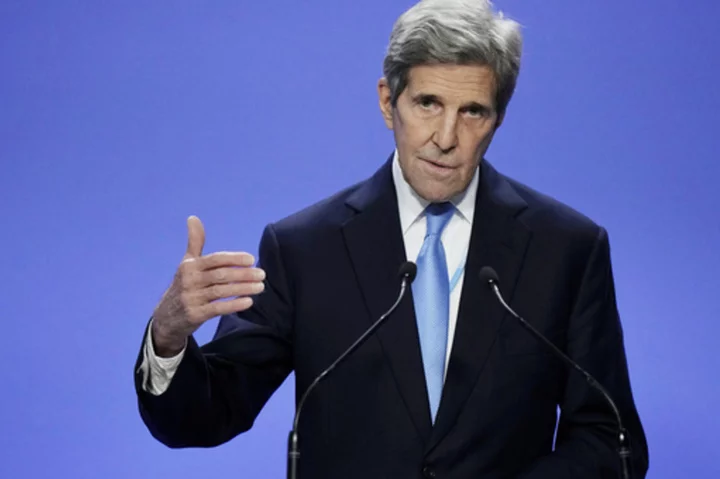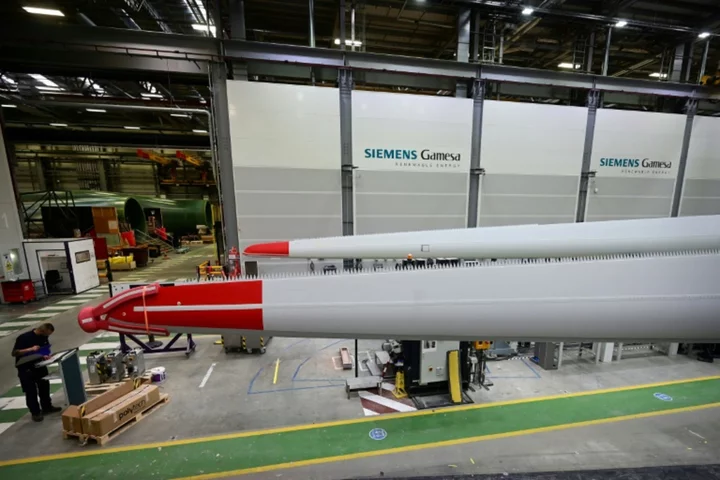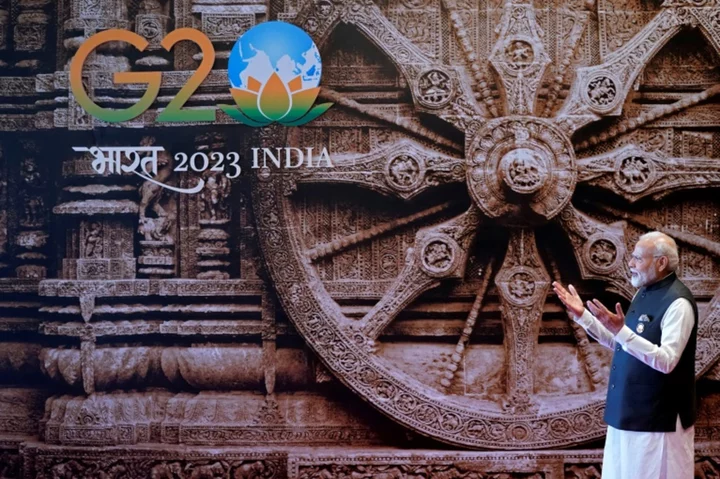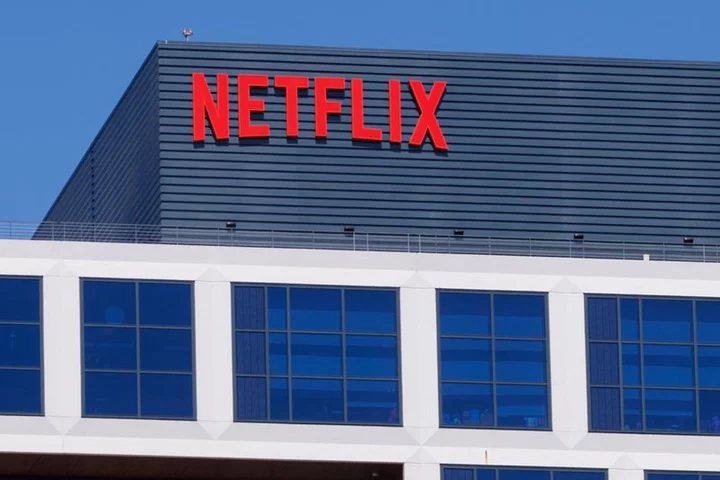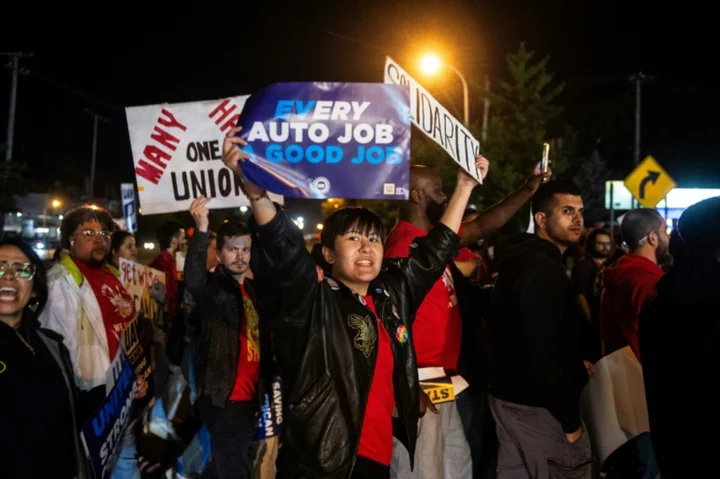BEIJING (AP) — U.S. climate envoy John Kerry was holding talks Monday with his Chinese counterpart in Beijing as the U.S. seeks to restore contacts amid disputes over trade, Taiwan, human rights and territorial claims.
China’s official Xinhua News Agency said Kerry was meeting Monday with Xie Zhenhua for the first extensive face-to-face climate discussions between representatives of the world’s two worst climate polluters after a nearly yearlong hiatus.
China is the world’s largest producer and consumer of coal and has proceeded with building new plants, while at the same time forging ahead with renewables such as solar and wind power.
Yet, Congressional Republicans questioning of Kerry ahead of his trip at times broke down into challenging the existence of the scientifically established fact of climate change.
But with Republicans as well as Democrats overall accepting the science underlying the warming climate, much of the criticism from GOP committee members zeroed in on the appropriateness of the U.S. engaging in climate negotiations with China.
China has pledged to level-off carbon dioxide emissions by 2030 and become carbon neutral by 2060. The U.S. and the European Union have urged China to adopt more ambitious reduction targets.
U.S. lawmakers faulted China for refusing to make bigger cuts in climate-damaging fossil fuel emissions and the country's insistence that it was still a developing economy and should not be held to the same climate standards as developed Western economies.
Kerry responded that the clear disparity between China’s claims and the size of its economy as the world’s second largest could not be allowed to deadlock global progress on cutting emissions. He also ruled out the likelihood of persuading China to hold itself to the same emissions-cutting requirements facing other big economies, at least on this visit.
Kerry is the third senior Biden administration official in recent weeks to travel to China for meetings with their counterparts there, after Secretary of State Antony Blinken and Treasury Secretary Janet Yellen.
China broke off some mid- and high-level contacts with the Biden administration, including over climate issues, to show its anger with then-House Speaker Nancy Pelosi’s August trip to self-ruled Taiwan. China claims Taiwan as its territory and held menacing military exercises around the island to advertise its threats of blockade and invasion that could draw the U.S. into a major conflict in a region crucial to the global economy.
Other problems have rocked relations since then, including the transit across the U.S. of what Americans say was a Chinese spy balloon.
A stroke suffered by Xie, China’s top climate diplomat, also contributed to a stall in U.S.-China climate discussions.
The Biden administration’s aim with Beijing now is to achieve “stability, if we can, without conceding anything,” Kerry told lawmakers prior to his visit.
"What we’re trying to do is find ways we can cooperate to actually address the crisis” of climate, Kerry said. China, he said, “is critical to our being able to solve this problem.”
In a commentary published Sunday, Xinhua said recent U.S.-China official interactions are a “good sign for preventing further miscalculations, and steering bilateral relations back on track.”
However, it added that Beijing was seeking more concessions on the political side — something the U.S. has said it will not provide.
“It is especially true for the White House to bear in mind that seeking to compartmentalize cooperation with — or competition and suppression against — China in bilateral ties is simply unrealistic in practice and unacceptable for Beijing,” Xinhua said.
“For China-U.S. cooperation to be healthy and sustainable, bilateral ties must be treated as a whole,” it said.

